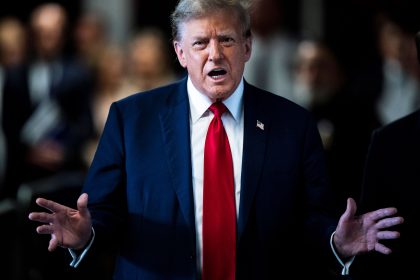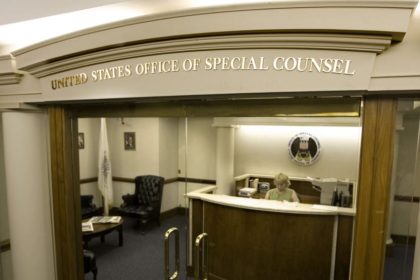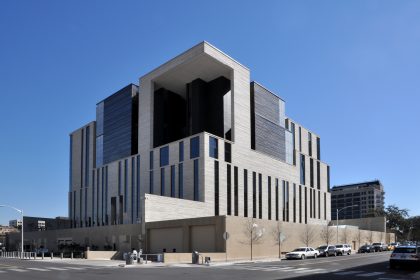11th Circuit Removes Special Master in Trump Documents Case

ATLANTA — A federal appeals court has removed a major obstacle to the Justice Department’s criminal investigation into former President Donald Trump’s hoarding of national security records at his Mar-a-Lago residence.
In a unanimous but unsigned ruling handed down late Thursday, a three-judge panel of the 11th U.S. Circuit Court of Appeals sharply criticized U.S. District Judge Aileen Cannon, a Trump appointee, for intervening in the case.
Trump filed a lawsuit in Cannon’s court shortly after an FBI raid on his property turned up more than 100 classified documents among the 11,000 records seized from the home.
He asked that a special master be appointed to review the documents before the FBI could see them, a process that had the potential of dramatically slowing the investigation down.
“Only the narrowest of circumstances permit a district court to invoke equitable jurisdiction,” the panel wrote. “Such decisions ‘must be exercised with caution and restraint,’ as equitable jurisdiction is appropriate only in ‘exceptional cases where equity demands intervention.’”
“It is indeed extraordinary for a warrant to be executed at the home of a former president,” the panel wrote later, “ but not in a way that affects our legal analysis or otherwise gives the judiciary license to interfere in an ongoing investigation.”
Limits on when courts can interfere with a criminal investigation “apply no matter who the government is investigating,” it added. “To create a special exception here would defy our nation’s foundational principle that our law applies ‘to all, without regard to numbers, wealth or rank.’”
The panel gave Trump and his attorneys until next Thursday to appeal its decision. If it doesn’t, the review by special master Raymond Dearie, a judge who sits in the Eastern District of New York, would be done by the end of the day.
The decision by the 11th Circuit panel also would require Cannon to dismiss Trump’s lawsuit.
“The law is clear,” the panel wrote. “We cannot write a rule that allows any subject of a search warrant to block government investigations after the execution of the warrant. Nor can we write a rule that allows only former presidents to do so.
“Either approach would be a radical reordering of our case law limiting the federal courts’ involvement in criminal investigations. And both would violate bedrock separation-of-powers limitations,” the panel wrote.
Dan can be reached at [email protected] and at https://twitter.com/DanMcCue























